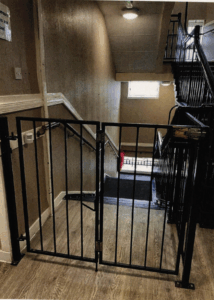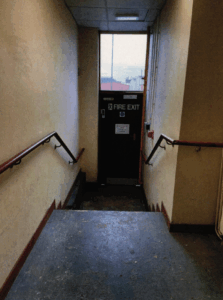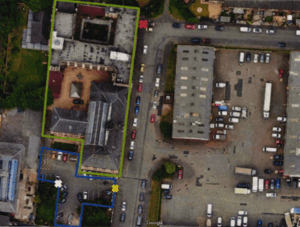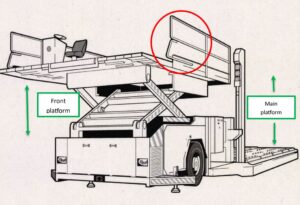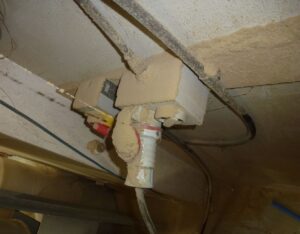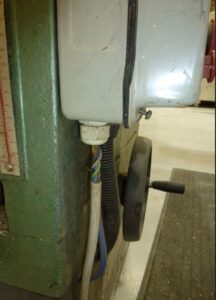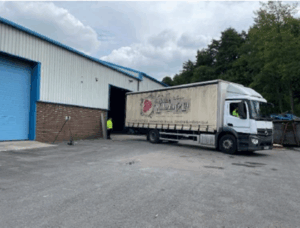HSE issues urgent offshore gangway safety notice
- Power failures and control errors cause gangways to retract without warning, risking fatal falls
- Oil and gas operators to review gangway systems or stop operations
- Safety measures required before workers can safely use motion compensated gangways
The Health and Safety Executive (HSE) has issued a safety notice today (8 August) to highlight the risks of potentially fatal gangway accidents to offshore workers.
Serious risks have been identified where motion compensated gangways retract without warning due to power failures or control system errors. This puts workers at risk of falling from height, being struck by moving parts, or suffering serious injuries including death.
HSE is calling on operators in oil and gas, and renewable energy sectors to review their gangway arrangements. Any gangways that cannot provide sufficient warning before automatic retraction must be taken out of service until proper safety controls are installed.
Howard Harte, Operations Manager (Offshore Regulation) at the Health and Safety Executive, said: “Despite a previous safety alert in 2024, and the publication of industry good practice, we have become aware that gangways that provide insufficient warning before auto-retraction are still being used in the offshore oil and gas and renewables industry.
“This safety notice addresses continuing incidents where gangway failures have resulted in unexpected retraction without adequate warning to operators or personnel crossing between platforms. Workers have been left unable to move to safety or brace for sudden movement when systems fail.”
Under the requirements, dutyholders must conduct technical risk assessments of all automatic gangway functions. Control systems must only allow auto-retraction when personnel are confirmed safe. The use of gangway operators to manually override automatic retractions requires rigorous risk assessment.
The HSE emphasises that adequate warning systems must provide advance notice before dangerous events occur.
Howard added: “A warning by definition is advanced notice that a potentially dangerous event is about to occur. The purpose of the warning is to enable persons to make themselves safe before the event occurs. Audible and/or visual alarms that are triggered at the same time the gangway retracts are not considered to provide adequate warning to enable workers to reach safety.”
Dutyholders must review their gangway design, including the testing that has been carried out of all automatic functions. They should carry out a suitable and sufficient technical risk assessment to understand all operational states of the control system under which the gangway may auto-retract, including that the control system will only result in auto-retraction if personnel are not at risk. Use of gangway operators to override auto-retractions should be rigorously risk assessed.
The safety notice can be viewed at: https://www.hse.gov.uk/safetybulletins/motion-compensated-gangways-auto-retraction.htm
Further guidance on offshore health and safety law, risk assessment and equipment safety is available on the HSE website:
- Offshore health and safety law
- Managing risks and risk assessment at work
- Equipment and machinery safety
Further information:
- The Health and Safety Executive (HSE) is Britain’s national regulator for workplace health and safety. We are dedicated to protecting people and places, and helping everyone lead safer and healthier lives.
- HSE issued a previous safety notice relating to the risk of serious injury from motion compensated gangways in 2024 – HSE Safety Notice ED02-2024 Risk of serious injury from motion compensated gangways.
- Relevant legal documents:
- The Health and Safety at Work etc. Act 1974 (Application outside Great Britain) Order 2013
- The Health and Safety at Work etc. Act 1974. General duties of employers to their employeesand General duties of employers and self-employed to persons other than their employees
- The Management of Health and Safety at Work Regulations 1999. Regulation 3: Risk Assessment
- The Provision and Use of Work Equipment Regulations 1998. Regulation 4: Suitability of work equipment, Regulation 5: Maintenance, Regulation 6: Inspectionand Regulation 11: Dangerous parts of machinery
- The Work at Height Regulations 2005

